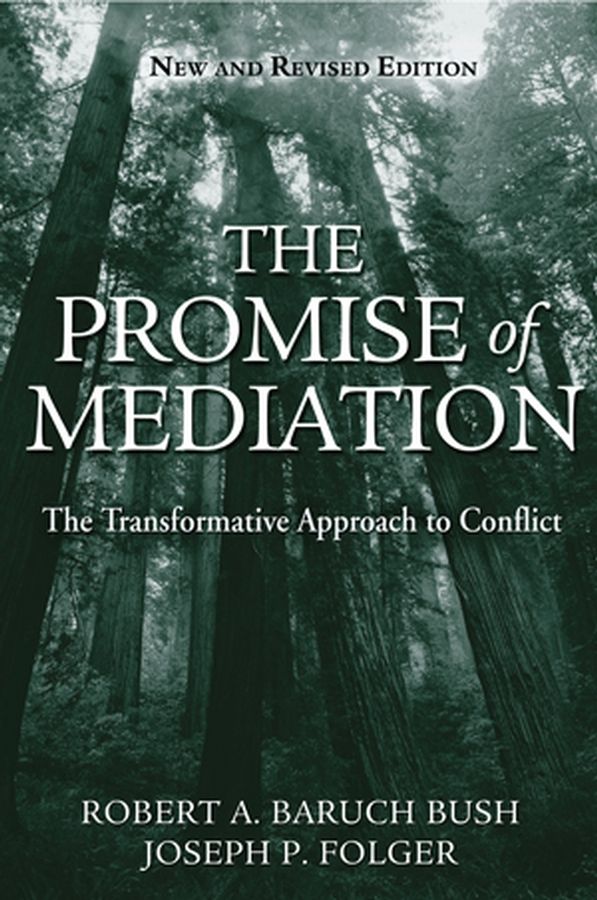The award-winning first edition of <i>The Promise of Mediation</i>, published ten years ago, is a landmark classic that changed the field’s understanding of the theory and practice of conflict intervention. That volume first articulated the “transformative model” of mediation, which greatly humanized the vision of how the mediation process could help parties in conflict. In the past decade, the transformative model has proved itself and gained increasing acceptance. It is now being used in such diverse arenas as workplace, community, family, organizational, and public policy conflicts, among others. <p>In this new edition, the authors draw on a decade of work in theory development, training, practice, research, and assessment to present a thoroughly revised and updated account of the transformative model of mediation and its practical application, including</p> <ul> <li>a compelling description of how the field has moved toward increasing acceptance of the transformative model</li> <li>a new and clearer presentation of the theory and practices of transformative mediation, with many concrete examples</li> <li>a new case study that provides a vivid picture of the model in practice, with a commentary full of new information about how to use it effectively</li> <li>clarifications of common misconceptions about the model</li> <li>a vision for the future that shows how the model can coexist with other approaches and where the “market” for transformative mediation is emerging</li> </ul> This volume is a foundational resource on transformative practice, for both readers of the first edition and new readers – including mediators, facilitators, lawyers, administrators, human resource professionals, policymakers, and conflict resolution researchers and educators. More generally, this book will strike a chord with anyone interested in humanizing our social institutions and building on a relational vision of society.
Laws of specific jurisdictions and specific areas of law
The Promise of Mediation
₹3,593.00
The Transformative Approach to Conflict
This book is currently not in stock. You are pre-ordering this book.

